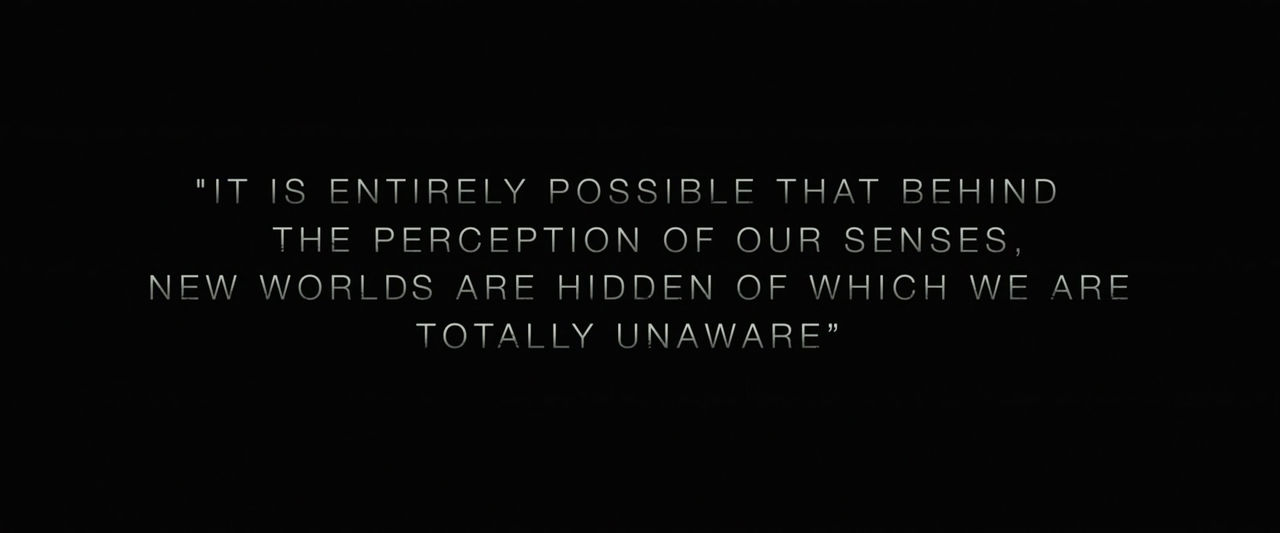

We would like to thank all of the Italian and foreign Colleagues who have so valuably contributed to the success of our project. We have consequently considered opportune and significant to organise a conference meeting devoted to Alexander' s Legacy. The Hellenistic world is not viewed anymore as a moment of decadence after the splendour of the Greek Classical age, enlightened by Athens' bright star, but as an engaging example of ante litteram globalization, the essential premise to the development of the Roman Empire.

PREFACE Recently, the history of Alexander and his Successors has attracted growing attention of modern academia. This deified portraiture not only depicts Alexander as descendant of Heracles and Dionysus, both sons of Zeus, but also-through connections with Ammon and Indra-as the legitimate ruler of the three continents of the known world, Europe, Africa, and Asia. In particular, I reexamined the posthumous portrait of Alexander the Great in which he wears an elephant scalp as a headdress, similar to Heracles' lion scalp. Tracing the appearance of the elephant in Hellenistic history and art, I suggest that the elephant not only continued to be associated with its Asian and African origins and came to symbolize military triumph over exotic foes, it retained religious and mythic proportions as a fearsome, fabulous monster connected with the martichora and unicorn, griffon and sphinx, dragon and hippocampus. From this time, the animal began to appear in Greco-Roman art. Subsequently, the Successors and later Hellenistic rulers similarly used elephants in battle. The Greco-Macedonian troops first encountered these fearsome creatures in battle during the campaign of Alexander the Great. The subject of the research is the historical role of Alexander Hellenism as global process of cultural interaction are the main topic of the exhibition Authors of the articles and entries of the catalogue are historians of Ancient East and those of Classical history, archeologists, linguists, historians of art of the State Hermitage Museum and Saint-Petersburg State University.Įlephants were first deployed in warfare by Indian and Persian armies. Historic role of Alexander in shaping the fortune of the world.

This influense spread in huge territory - from Greece to India, Mongolia and China. Stepping on fareway land Alexander and his army brought with them Hellenistic culture. The show tells us the story about meeting of great civilizations - Hellenistic states, ancient Oriental empires, the world of nomads. More than 350 objects from the collections of the State Hermitage museum spanning the period more than 2 500 years, from the 5 century BC to the 19 сentury. The catalogue of the exhibition is devoted to Alexander the Great, his Eastern campaign and its consequences on East and West.


 0 kommentar(er)
0 kommentar(er)
